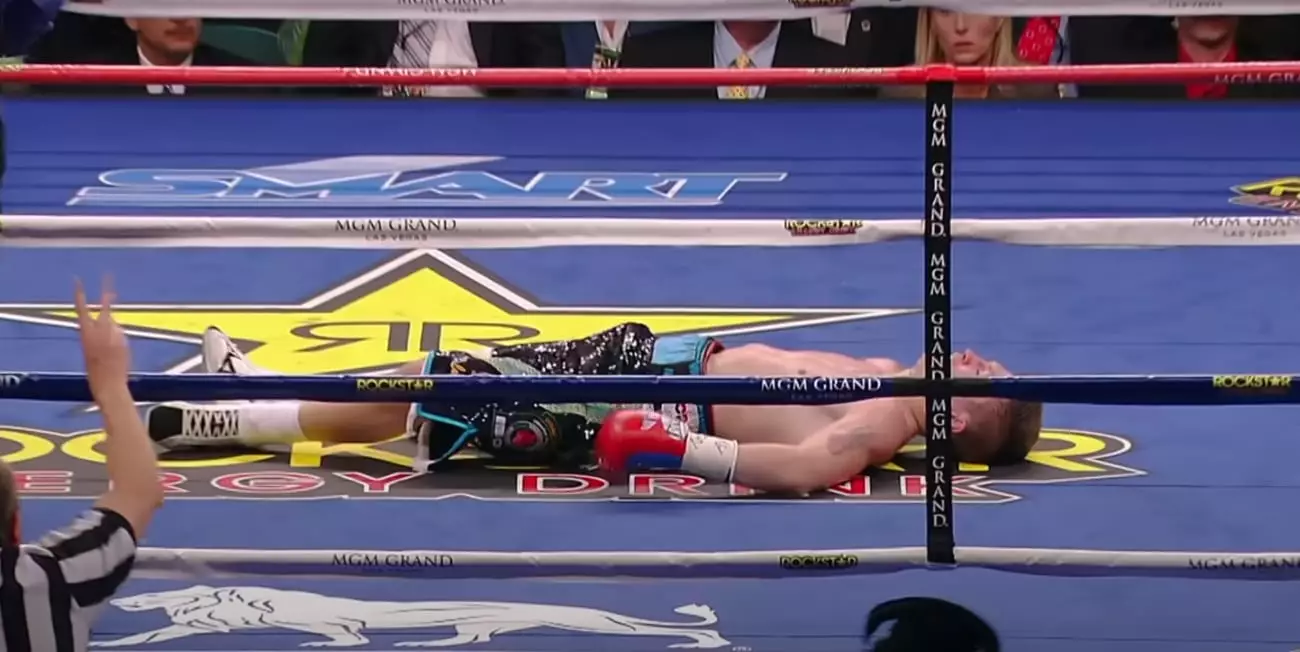Ricky Hatton, the iconic British boxer, is making headlines once more as he weighs in on the imminent return of Filipino legend Manny Pacquiao. Set to traverse the ring once again against the current WBC welterweight champion, Mario Barrios, in July, Hatton’s perspective is laced with honesty. The former champion expressed doubts about Pacquiao’s ability to claim victory, reflecting a poignant sense of concern for a fighter who once left him in distressing defeat back in 2009.
Hatton’s remarks are not merely predictions; they reveal a deeper understanding of the physical and emotional toll boxing takes on athletes, especially those nearing the twilight of their careers. He openly voiced fears of witnessing a potential tragedy—a brutal defeat that could echo the somber realities of a sport that often neglects the vulnerabilities of its heroes. In an age where the physical prowess of a fighter is celebrated, it is refreshing to hear Hatton’s concern for Pacquiao’s well-being, showcasing a level of compassion that transcends the competitive nature of boxing.
The Shadows of Defeat: Hatton’s Personal Struggles
Beyond his heartfelt assessment of Pacquiao’s upcoming showdown lies a much darker chapter in Hatton’s life—one plagued by mental health struggles. After being decisively knocked out by Pacquiao, Hatton spiraled into a personal abyss. His candid self-reflection during an interview with DAZN News highlights a reality often overlooked in the world of sports: the unseen battles athletes face off the ring. Hatton’s description of his emotional state post-defeat is both harrowing and relatable, revealing how the intensity of one moment can reverberate across every aspect of one’s life.
The former champion opened up about how his personal relationships deteriorated after that fateful night. Hatton faced immense adversity, losing connections with friends and family, including his mother and father. Such fallout is not uncommon for athletes; the pressure and expectations can fracture familial bonds, creating a cycle of isolation and despair. Hatton’s acknowledgment of having fallen out with key figures, particularly his trainer Billy Graham, underscores the often solitary journey of recovery from a public failure.
A Survivor’s Path to Advocacy
What makes Hatton’s story compelling is not just the descent into darkness but the incredible resilience that brought him back into the light. His struggles with severe depression and substance abuse are profoundly alarming, especially as he candidly shared experiences of contemplating suicide. This raw honesty shines a necessary light on the stark truth that even champions can be brought to the brink.
Now, armed with the insights of his journey, Hatton has transformed his narrative into an advocacy for mental health awareness, particularly within sports. Alongside contemporaries like Tyson Fury, he is breaking the stigma surrounding mental health, encouraging those grappling with similar demons to speak out. By stepping into this role as an ambassador, Hatton not only honors his past but also offers a beacon of hope and courage to others still navigating their battles.
In a world that often prioritizes wins and accolades, Ricky Hatton’s commitment to sharing his tumultuous journey offers a powerful reminder that the truest victories lie in overcoming personal struggles and fostering a supportive community around mental health.

